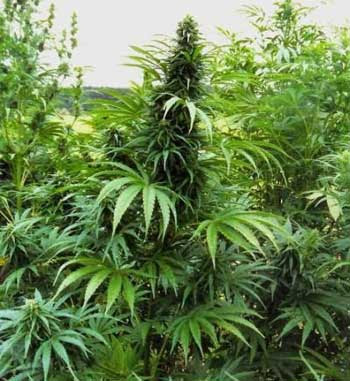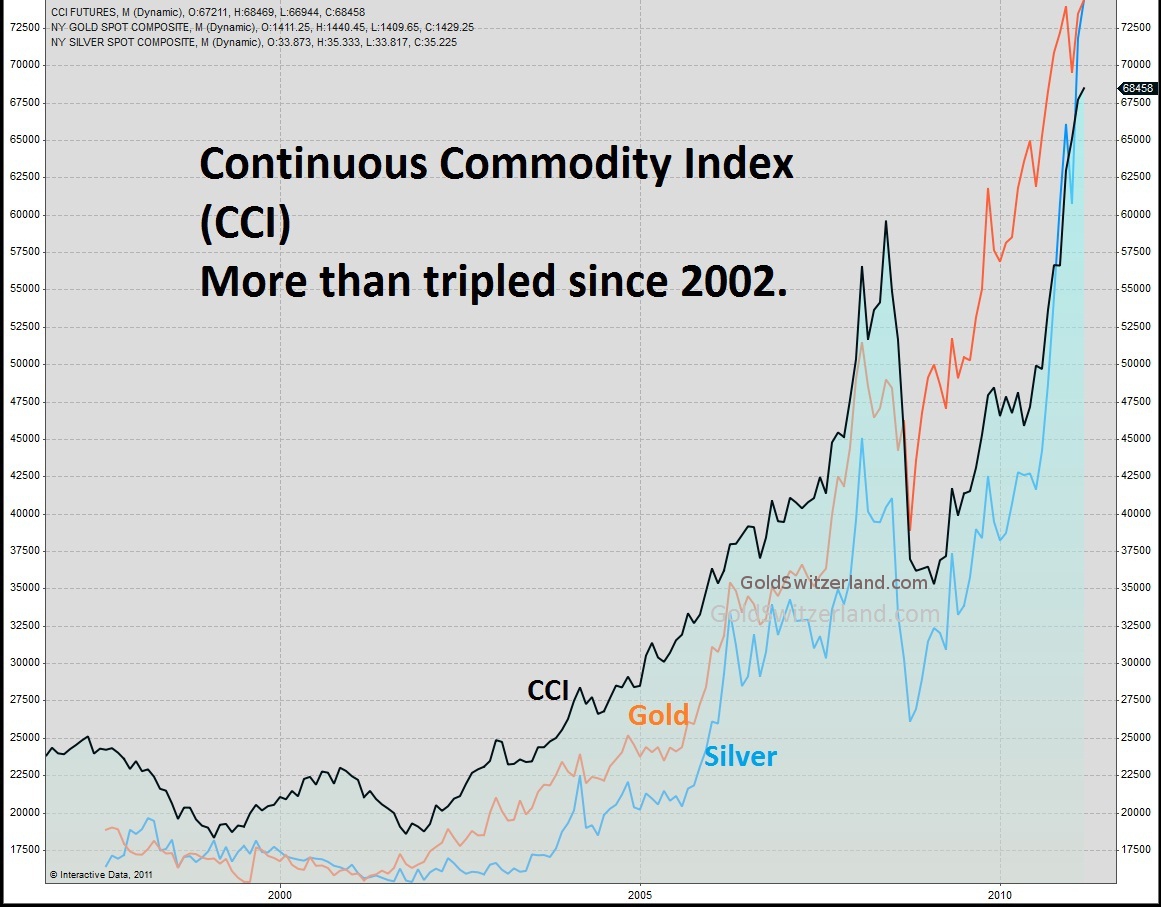What is one of the most vitamin and mineral dense crops around? What crop gives you one of the best bangs for your buck? And this crop needs to be able to thrive in every zone.
What is this crop?
What is this crop?
What is one of the most vitamin and mineral dense crops around? What crop gives you one of the best bangs for your buck? And this crop needs to be able to thrive in every zone.
What is this crop?



WASHINGTON (Reuters) – U.S. consumers could see food costs spiking to levels seen during the food crisis of 2008 as higher commodity and energy prices force companies to raise prices on products lining grocery store shelves, the Agriculture Department said on Thursday.
Food prices are forecast to rise a sharp 3.5 percent this year — nearly double the overall inflation rate. The lion’s share of the increase is expected in the second half of 2011 when the recent uptick for commodities, such as corn and soybeans, makes its way through the food system. Just last month, USDA forecast an increase of 2.5 percent in 2011.
Food prices soared to 4 percent in 2007 and rose to 5.5 percent a year later — the biggest increase since 1990 — as stockpiles ran low around the world.
"Enset provides more amount of foodstuff per unit area than most cereals. It is estimated that 40 to 60 enset plants occupying 250-375 sq. meters can provide enough food for a family of 5 to 6 people." – Country Information Brief, FAO June 1995
People need to wake up a little to what the fuck is really going on in this world. Unfortunately most people "buy" in and believe in the system that they will do anything to maintain it. Even go to such things as name calling and type casting all who dont follow the status quo as "conspiracy theorists".
I too think people should educate themselves before believing in anything their precious government tells them. And believing that you live in the freest country in the world, or even the richest just shows your lack of knowledge on the subject.

